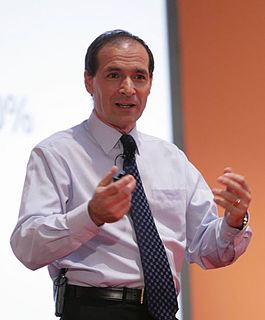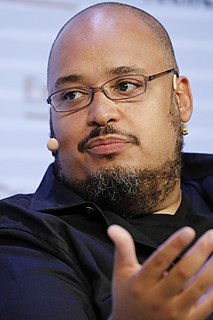A Quote by Hilary Mason
Cool innovation might happen in startups, but they often lack the resources or the deep expertise in the problems they want to address.
Related Quotes
I've said multiple times that the world's first trillionaire is going to be the person who exploits the resources of asteroids, the natural resources that are rare on earth and common on selected asteroids. So there are many different reasons you might want to go into space. You might want to spend your honeymoon on the far side of the moon.
We always say Jordan is not rich in natural resources - we don't have oil or gas like some of our neighbors do - but I think in terms of human resources, we are quite lucky and we are really trying to foster an environment of innovation and technology. I think Jordan will emerge as a center of innovation in the Middle East.



































